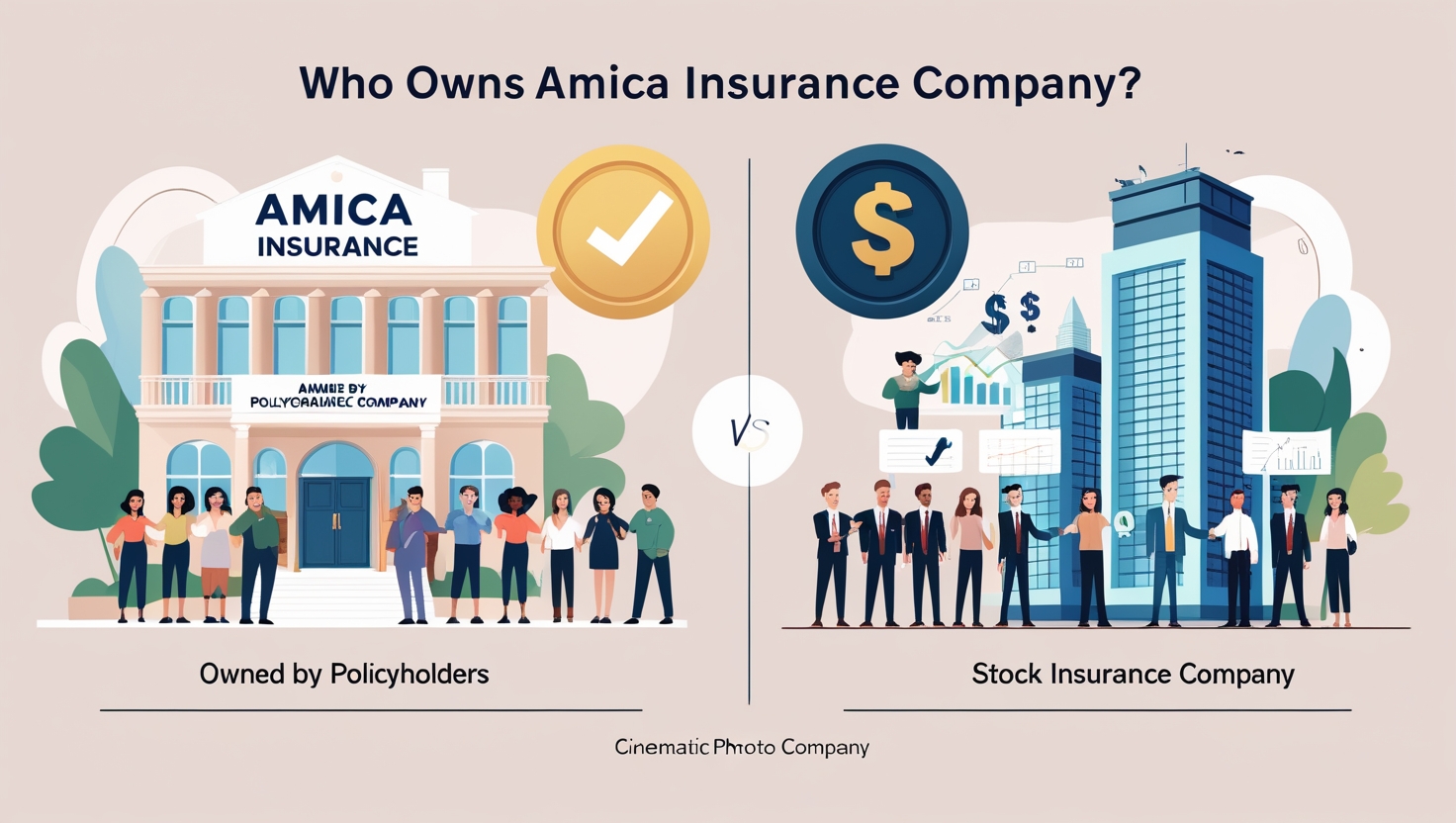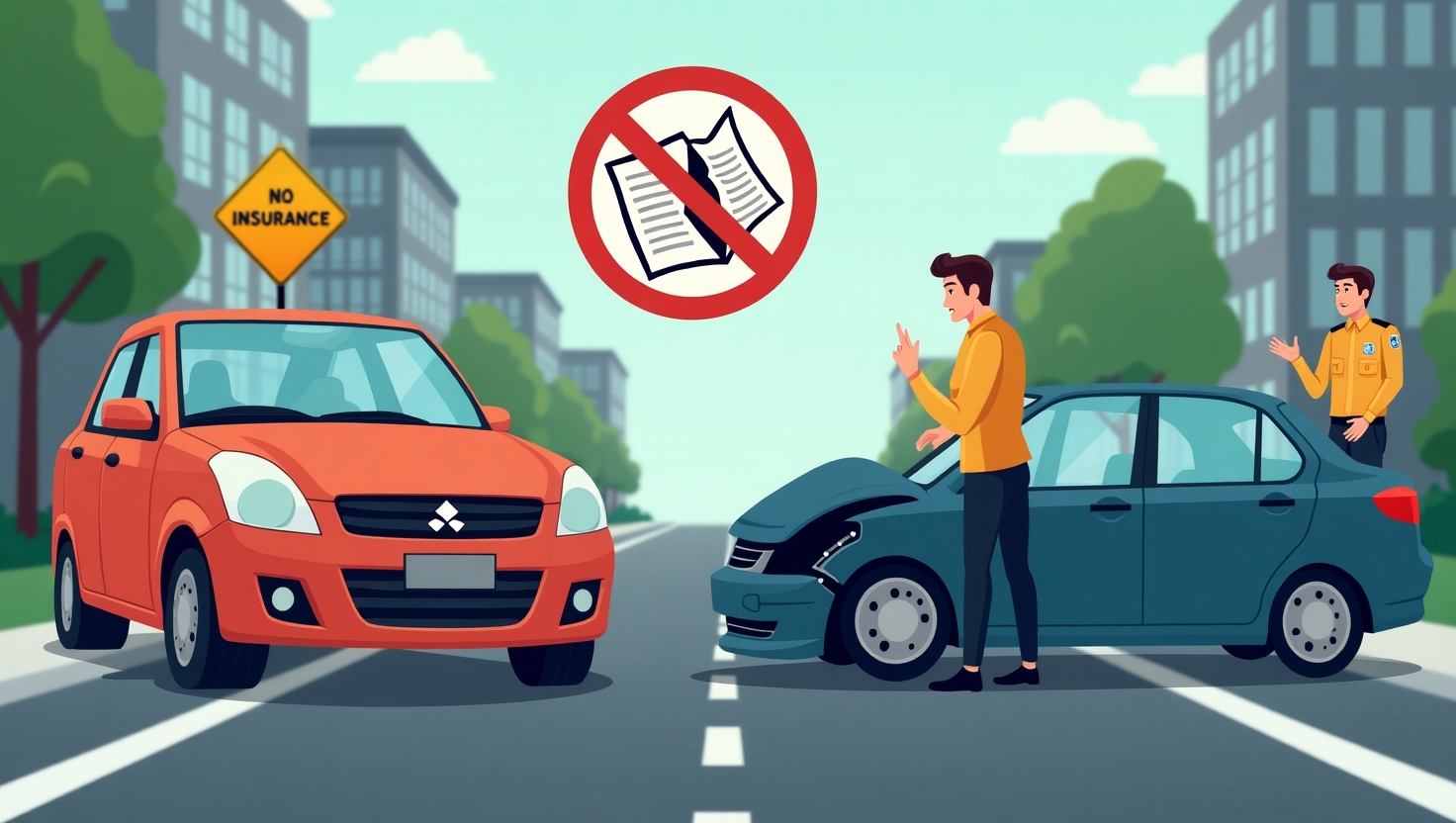Table of Contents
magine this: You’re pulled over, and the officer asks for proof of car insurance. Your heart sinks—you realize your policy lapsed last week. In a panic, you wonder: “Can I just backdate my car insurance?” It seems like a quick fix, but it’s not that simple. In fact, trying to backdate car insurance could land you in more trouble than driving without it.
In this deep dive, we’ll unpack everything you need to know about backdating car insurance—why it’s rarely possible, when it might happen (legally), and the smarter ways to handle a lapse in coverage.

What Does It Mean to Backdate Car Insurance?
Backdating car insurance means setting the policy’s effective date to an earlier time than the actual purchase date. This might sound convenient if you’ve had a lapse in coverage or were recently in an accident, but it’s not something insurers take lightly.
Why People Consider Backdating
- To cover a recent accident that occurred before the policy was active.
- To avoid penalties for a lapse in insurance.
- To meet legal or financial requirements, like car registration or a lease agreement.
While the motivation is often understandable, backdating insurance is fraught with complications and legal hurdles.
Can Car Insurance Be Legally Backdated?
The Short Answer: No, Not Typically
In most cases, car insurance cannot legally be backdated. Insurance is based on risk assessment, and once an event (like an accident) occurs, the risk has already materialized. Trying to insure a vehicle after a loss is like trying to buy fire insurance for a house that’s already burned down.
Why Insurers Don’t Allow It
- It’s considered insurance fraud: Insurers are in the business of covering future risks—not past events.
- It undermines underwriting: Insurers rely on accurate timelines to evaluate risk.
- Regulatory restrictions: State insurance departments often prohibit this practice.
Are There Any Exceptions?
Though rare, a few scenarios may appear like backdating, but they’re typically administrative corrections or special cases:
1. Clerical Errors by the Insurance Company
If your agent or insurer made a documented mistake in entering your policy start date, they might correct it retroactively.
2. Immediate Coverage on Binding Agreement
Some insurers allow same-day coverage, and the effective time could be backdated a few hours within the same day if agreed upon.
3. State-Specific Programs
A handful of states offer grace periods or special insurance programs for drivers coming off a lapse, though these still don’t allow full backdating.
Pro Tip: If you believe you have a valid case, speak directly with your insurer and get any changes documented in writing.
The Risks of Attempting to Backdate Car Insurance
Trying to mislead your insurer into thinking you were covered before the policy actually started can have serious consequences:
- Denial of claims
- Policy cancellation
- Higher premiums in the future
- Legal consequences, including fines or even charges of fraud
Insurers share data through organizations like the CLUE database (Comprehensive Loss Underwriting Exchange), so even if you switch companies, a past issue can follow you.
What Happens If You Drive Without Insurance?
Let’s say you had a lapse and didn’t get into an accident—what’s the real cost?
Potential Consequences:
| Consequence | Description |
|---|---|
| Fines and penalties | Varies by state, can range from $100 to $5,000 |
| License suspension | Many states will suspend your license and registration |
| Vehicle impoundment | Some states will impound your vehicle |
| SR-22 Requirement | You may need a high-risk policy for several years |
Instead of backdating, it’s better to understand these risks and get ahead of them legally.
Smart Alternatives to Backdating Car Insurance
If you’re in a jam, here are more responsible (and legal) ways to deal with a lapse in coverage:
1. Buy Non-Owner Car Insurance
If you don’t currently own a car but need to avoid a coverage gap, this low-cost policy can maintain continuity.
2. Reinstate a Lapsed Policy Quickly
Some insurers offer grace periods (up to 30 days) to reinstate your policy without a gap.
3. Shop for New Insurance Immediately
Use comparison tools like The Zebra or Policygenius to find a policy quickly, even if your coverage lapsed.
4. Explain the Lapse Honestly
When applying for a new policy, be upfront. Some insurers are more lenient if you explain the situation clearly.
Real Stories: When Backdating Wasn’t Worth It
Mike’s Dilemma
Mike, a 29-year-old driver from Arizona, let his policy lapse for just one day. He tried to backdate coverage after a minor accident. His insurer flagged the discrepancy, denied the claim, and reported the incident as attempted fraud. His premiums doubled afterward.
Sara’s Honest Approach
Sara had a two-week lapse due to a missed payment. She called her insurer immediately, explained the situation, and reinstated her policy with a small late fee—no backdating, no issues. Her honesty helped preserve her low rate.
These examples underscore the importance of communication and transparency.
Final Thoughts: Honesty Is Always the Best Policy
While the idea of backdating car insurance might be tempting, it’s almost never legal, and it’s certainly not worth the risk. Instead, focus on legal alternatives and proactive solutions. Whether you’re dealing with a lapse or planning ahead, staying insured—and staying honest—is the smartest route.
Quick Takeaways:
- You cannot legally backdate car insurance to cover past incidents.
- Attempting to do so could be considered fraud.
- Better options include reinstating your policy, buying non-owner insurance, or shopping around.
Ready to Get Back on the Road—Legally?
Need help finding a new car insurance policy fast? Start comparing quotes now and stay ahead of the curve. Or, check out our guide on how to lower your car insurance premiums.
Have questions or personal experiences with insurance lapses? Drop a comment below—we’d love to hear your story!





Very good https://is.gd/tpjNyL